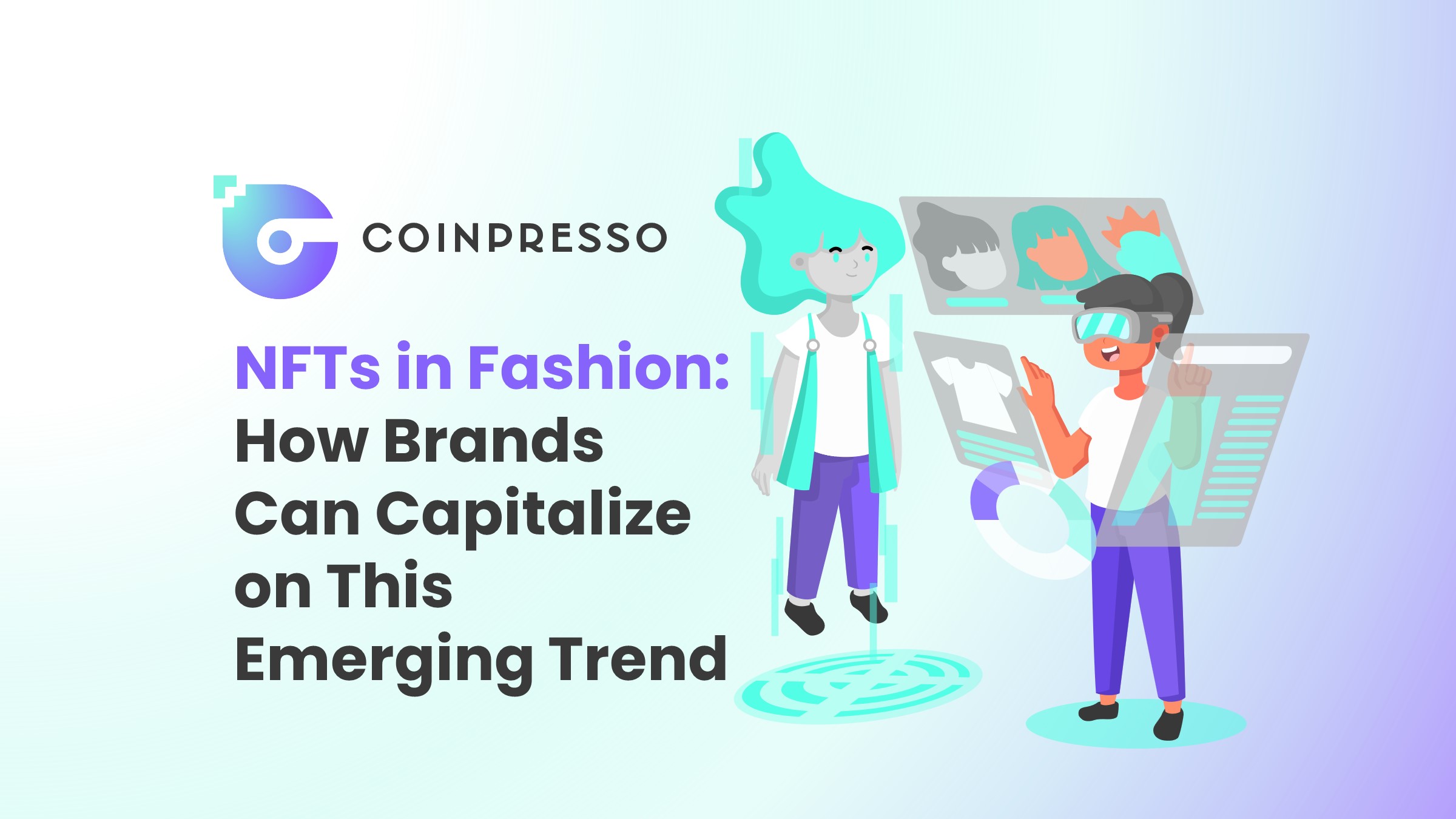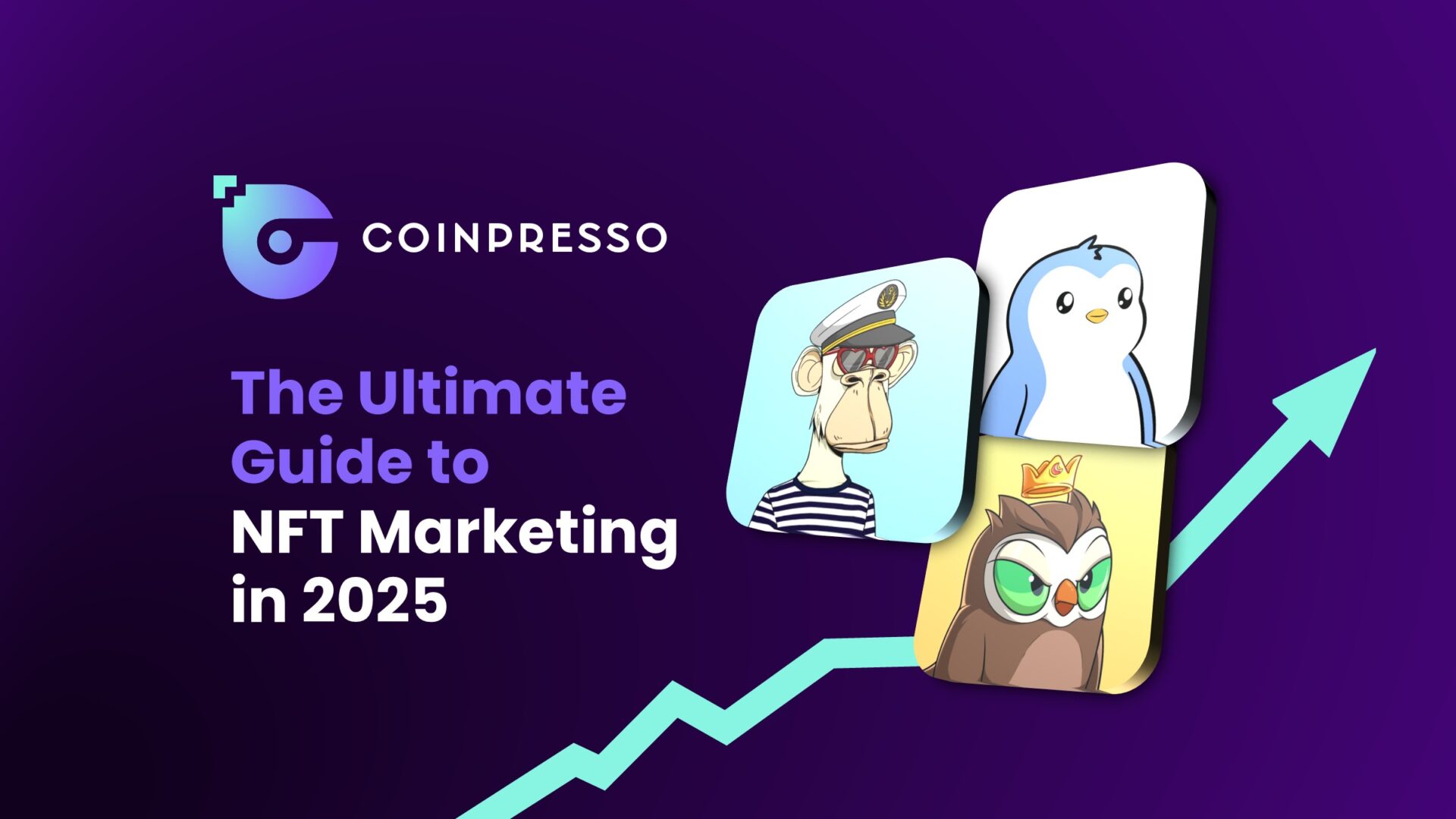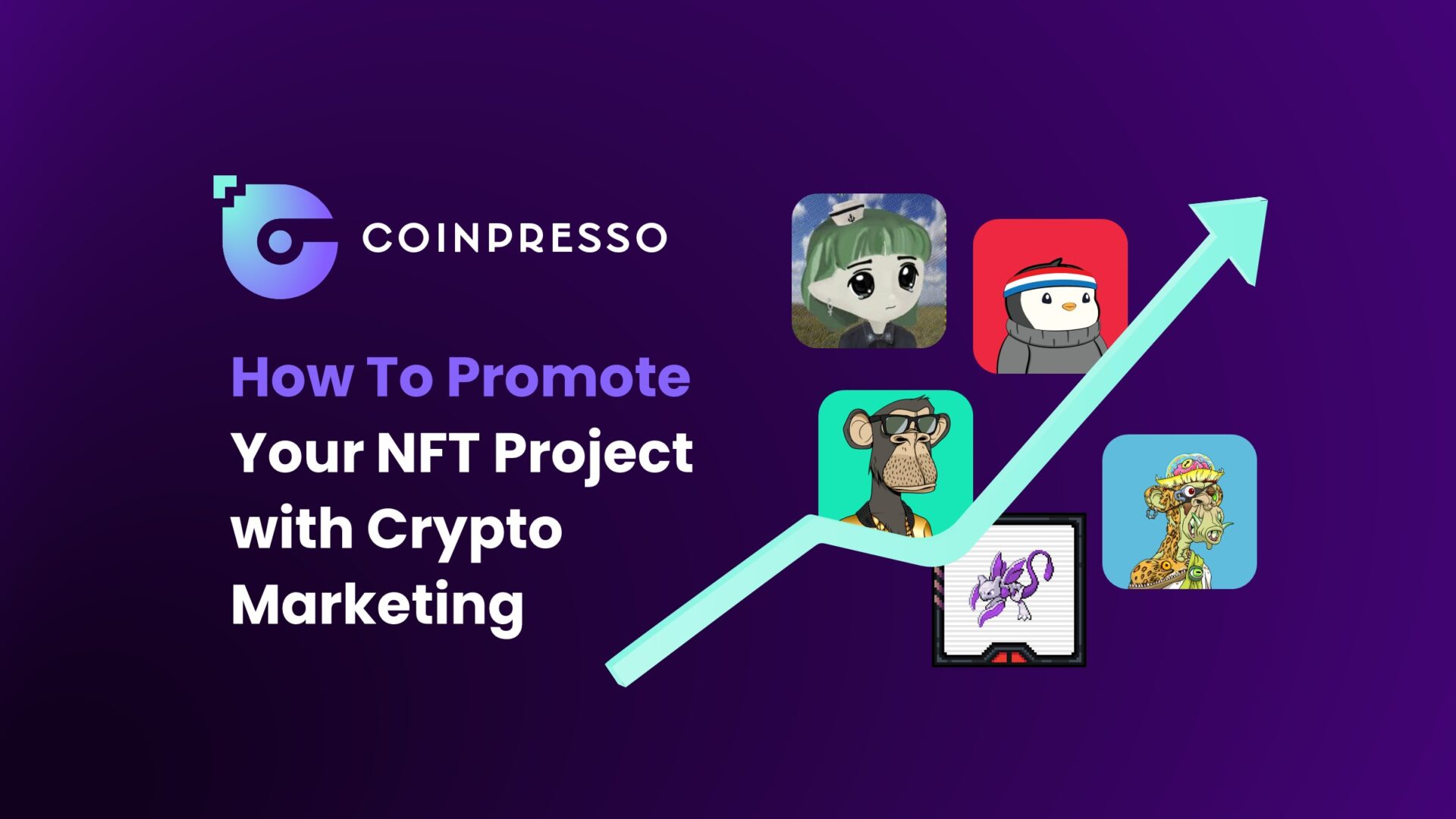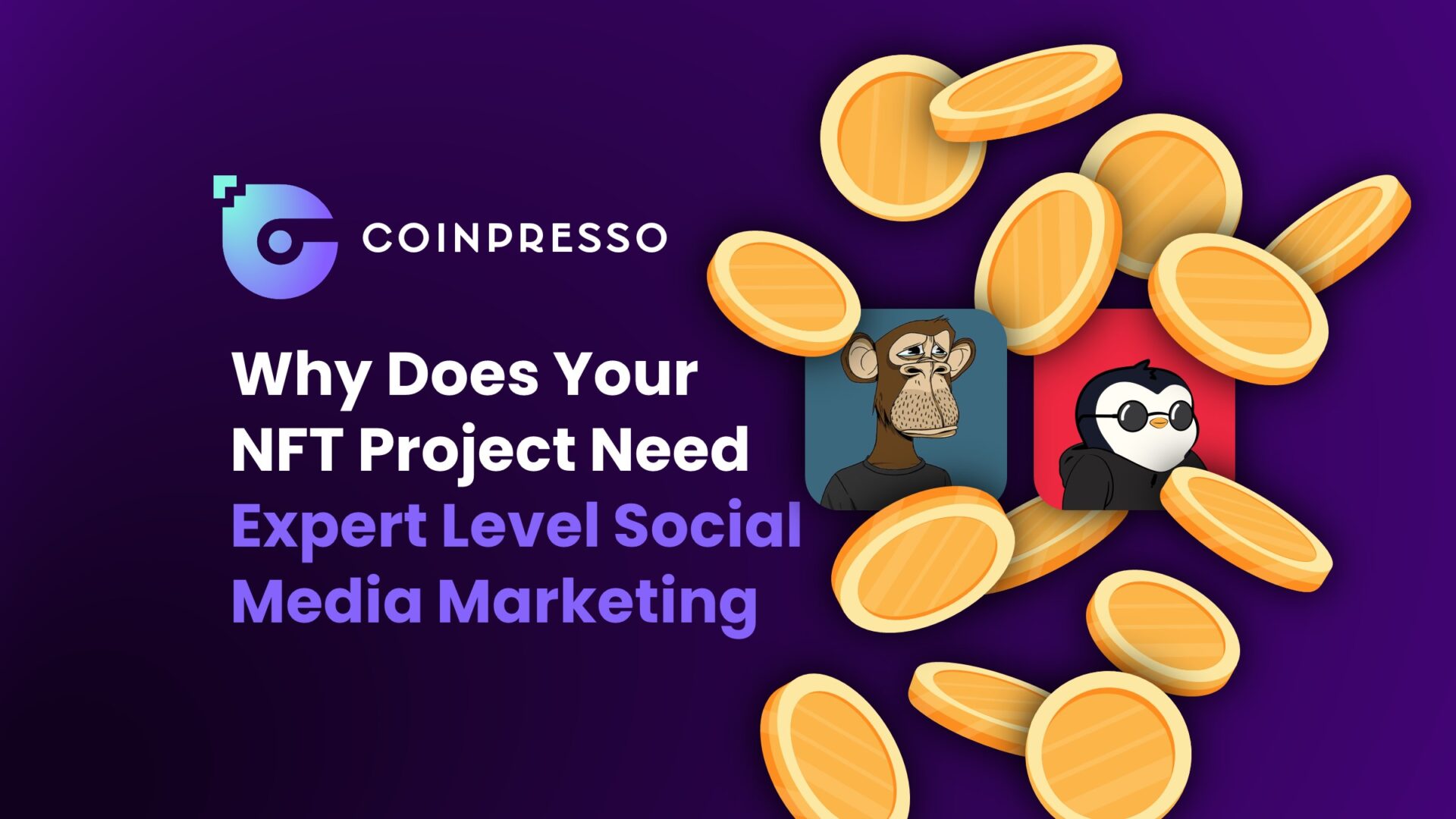
Introduction:
The fashion industry is known for its constant innovation, and one of the latest trends revolutionizing the way brands engage with their audience is the integration of Non-Fungible Tokens (NFTs). NFTs offer a unique opportunity for fashion brands to create digital collectibles, showcase exclusive designs, and establish new revenue streams. In this blog, we will explore how fashion brands can capitalize on the emerging trend of NFTs and leverage their potential to connect with consumers on a deeper level.
NFT Marketplace Development and Crypto Promotion Agency:
Before delving into the strategies for brands to capitalize on NFTs in fashion, it's important to mention the significance of NFT marketplace development and crypto promotion agencies. NFT marketplace development involves creating a platform where brands can mint, sell, and trade their digital collectibles securely. By partnering with a reputable NFT marketplace development service fashion brands can access the necessary infrastructure to launch their NFT initiatives successfully. Additionally, working with a crypto promotion agency can help brands navigate the crypto space, promote their NFTs effectively, and reach a wider audience. These partnerships play a vital role in ensuring the success of NFT ventures in the fashion industry.
1. Embrace Digital Collectibles:
Fashion brands can create exclusive digital collectibles in the form of NFTs, such as limited-edition virtual garments, virtual accessories, or even virtual fashion experiences. By offering unique and rare digital items, brands can tap into the growing demand for collectibles and create a sense of exclusivity and scarcity among their audience. These digital collectibles can be sold on NFT marketplaces, giving collectors the opportunity to own and showcase virtual fashion items. Fashion brands can also consider bundling physical and digital items together to enhance the value and appeal of their NFT collections.
2. Collaborate with Artists and Designers:
Collaborating with artists and designers is a powerful way for fashion brands to tap into the world of NFTs. By working together, brands can create digital artwork or virtual fashion collections in collaboration with renowned artists or emerging talents. These collaborations not only help brands create unique and highly desirable NFTs but also provide exposure to new audiences through the artists' existing fan base. Such collaborations add artistic value to the NFTs, making them more attractive to collectors and enthusiasts.
3. Tokenize Exclusive Experiences:
Fashion brands can tokenize exclusive experiences, such as VIP access to fashion shows, backstage passes, or one-on-one interactions with designers. These experiences can be transformed into NFTs, offering a whole new level of engagement for fashion enthusiasts. By owning these NFTs, collectors gain access to unforgettable moments and behind-the-scenes interactions that were previously only accessible to a select few. This not only adds value to the NFT but also strengthens the bond between the brand and its audience. Brands can also consider hosting virtual fashion events or exhibitions within the metaverse, allowing attendees to purchase limited-edition NFTs associated with those experiences.
4. Explore Virtual Fashion and Metaverse Opportunities:
With the rise of the metaverse, fashion brands can explore opportunities to showcase virtual fashion within immersive virtual environments. Brands can create and sell virtual garments or collaborate with virtual worlds, gaming platforms, or social metaverse platforms to offer virtual fashion experiences. These virtual fashion items and experiences can be tokenized as NFTs and traded within the metaverse, allowing users to express their personal style and identity in the digital realm. By embracing virtual fashion and the metaverse, brands can engage with tech-savvy consumers and stay at the forefront of digital fashion trends.
5. Engage the Community:
To maximize the success of NFT initiatives in the fashion industry, brands must actively engage with the community. This includes leveraging social media platforms, hosting virtual events, and fostering a sense of community around their NFT releases. By nurturing relationships with collectors, fashion enthusiasts, and crypto enthusiasts, brands can create a loyal and engaged following, driving demand for their NFTs and building a strong presence within the NFT marketplace. Brands can also consider rewarding community members with exclusive perks or early access to new NFT drops, further enhancing the sense of community and brand loyalty.
Conclusion:
The integration of NFTs in the fashion industry presents exciting opportunities for brands to engage with their audience in innovative ways. By embracing digital collectibles, collaborating with artists and designers, tokenizing exclusive experiences, exploring virtual fashion and metaverse opportunities, and actively engaging the community, fashion brands can capitalize on this emerging trend and establish themselves as pioneers in the digital fashion space.
To embark on this NFT journey, it is essential to partner with a reliable NFT marketplace development service, such as Coinpresso, that provides the necessary infrastructure to mint, sell, and trade fashion-related NFTs securely. Additionally, a crypto promotion agency can help fashion brands navigate the complexities of the crypto space and effectively promote their NFT initiatives to reach a wider audience.
As the fashion industry continues to evolve, NFTs offer a new frontier for creativity, connection, and revenue generation. By embracing this emerging trend and adopting a strategic approach, fashion brands can unlock the full potential of NFTs and shape the future of fashion in the digital age. Stay ahead of the curve, explore the possibilities, and captivate your audience with the limitless opportunities of NFTs in fashion.



































